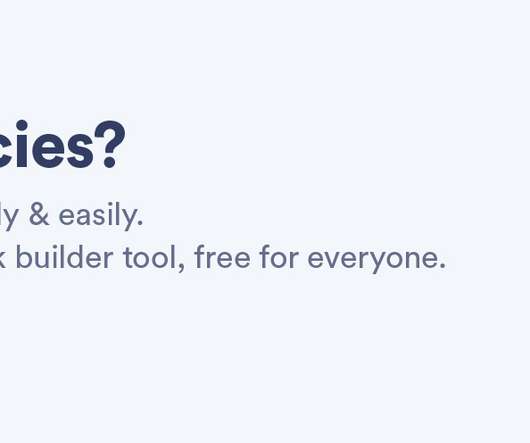“It is complicated!” With Tyler Gallagher & Jacqueline Coyle-Shapiro
Thrive Global
SEPTEMBER 9, 2020
A number of reasons have been put forward that go beyond outright gender discrimination to include workplace flexibility and employer expectations. I had the pleasure to interview Jacqueline Coyle-Shapiro. Her current work examines ideological currency and calling as well as employee-organization relationships and health.
















Let's personalize your content